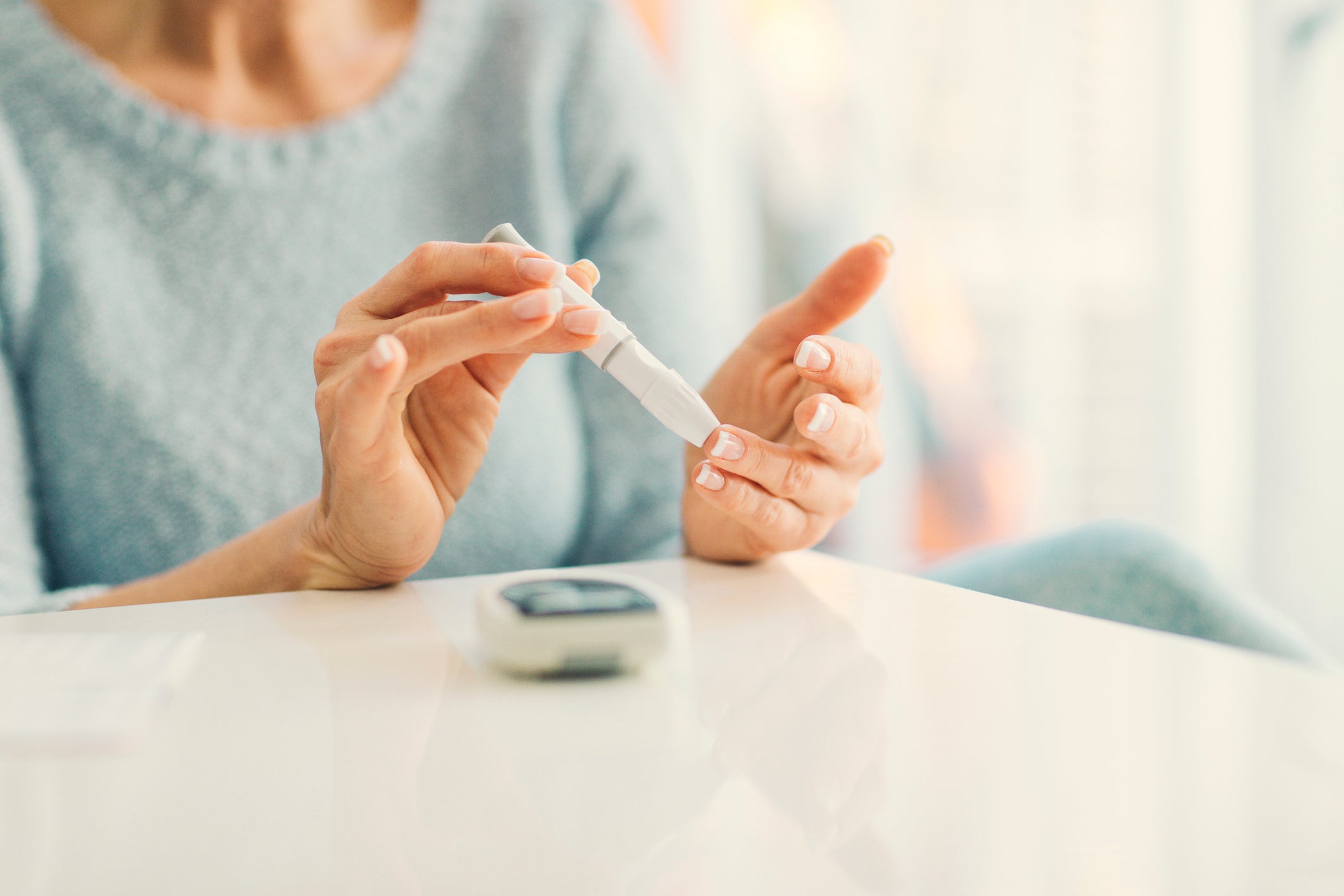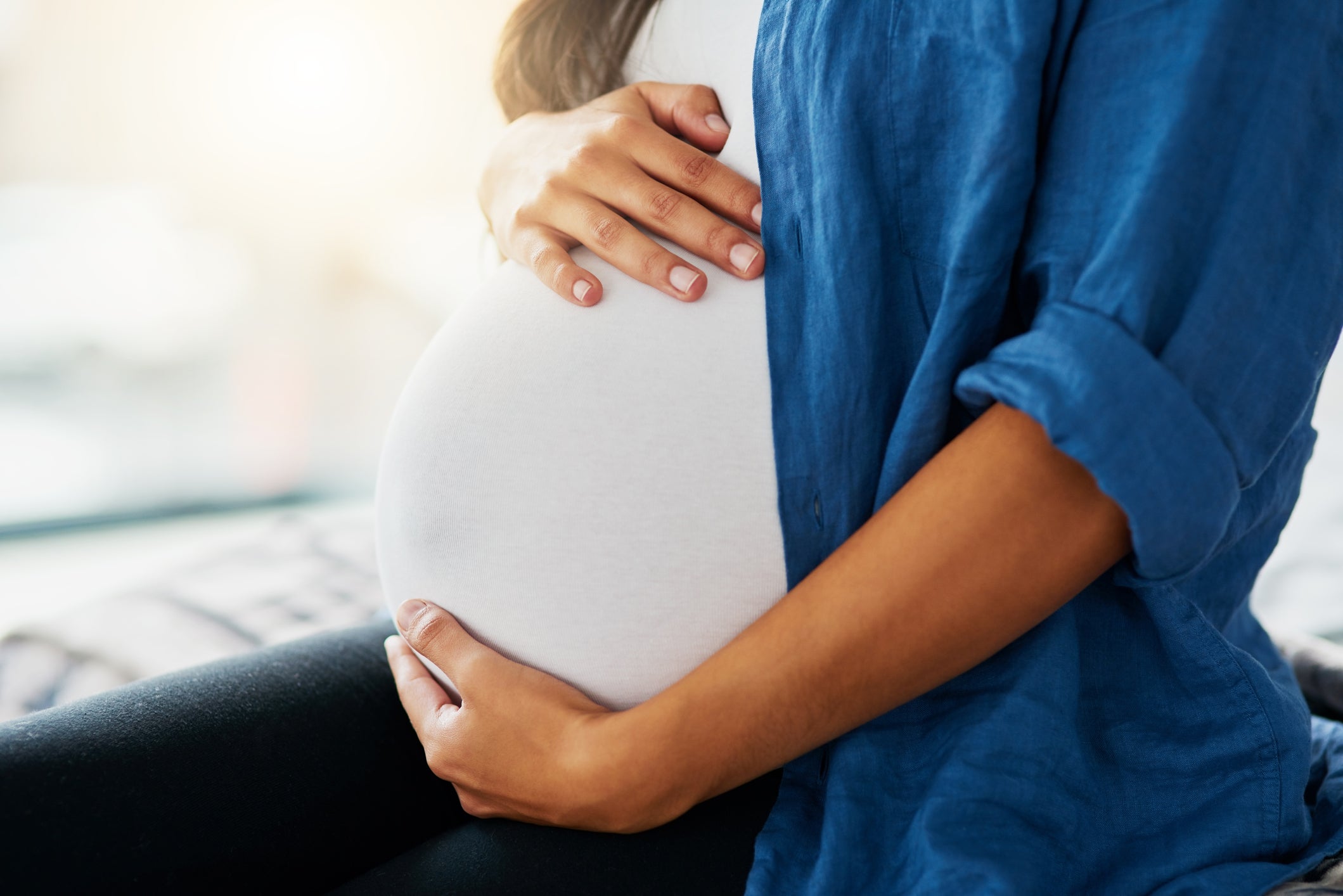The Independent's journalism is supported by our readers. When you purchase through links on our site, we may earn commission.
Diabetic women need more support after study into stillbirth risk, say experts
Researchers say diabetic women need to have access to ‘appropriate pre-conceptual counselling’

Your support helps us to tell the story
From reproductive rights to climate change to Big Tech, The Independent is on the ground when the story is developing. Whether it's investigating the financials of Elon Musk's pro-Trump PAC or producing our latest documentary, 'The A Word', which shines a light on the American women fighting for reproductive rights, we know how important it is to parse out the facts from the messaging.
At such a critical moment in US history, we need reporters on the ground. Your donation allows us to keep sending journalists to speak to both sides of the story.
The Independent is trusted by Americans across the entire political spectrum. And unlike many other quality news outlets, we choose not to lock Americans out of our reporting and analysis with paywalls. We believe quality journalism should be available to everyone, paid for by those who can afford it.
Your support makes all the difference.Researchers are calling for more support to be offered to diabetic women as new research finds that they are more than four times more likely to have a stillborn baby than women without the condition.
Clinical experts from the University of Glasgow examined data relating to 5,392 babies born to 3,847 mothers with diabetes in Scotland between April 1998 to June 2016.
They found that mothers with type 1 diabetes were more than three times likely to deliver a stillborn child, while those with type 2 were at least four times likely.
In addition, women with type 1 who had stillbirths had higher than average blood sugar levels throughout their pregnancy, while pre-pregnancy levels were a more important predictor of stillbirth in those with type 2.
The researchers say there was a "large overlap" in blood sugar levels of women who gave birth to live and stillborn babies and that "overall efforts to improve blood glucose levels before and during pregnancy remain central".
Dr Sharon Mackin, who carried out the study, which is published in Diabetologia, said: "It is vital that we, as healthcare professionals, find better ways to support women their fertile ages to optimise weight and blood sugar, so that when entering pregnancy, whether that be planned or unplanned, they are better prepared and their risk of adverse outcomes is reduced.”
Dr Mackin continued, explaining that it is important that diabetic women are mindful of the risks of their condition and have access to “appropriate pre-conceptual counselling, even if not imminently planning a pregnancy”.
"Women with diabetes should also make contact with their diabetes clinic as soon as they get a positive pregnancy test so that we can see and support them early on,” the expert explained.
Stillbirth rates were 16.1 per 1,000 births in the women with type 1 diabetes and 22.9 per 1,000 births in type 2 diabetes, compared with 4.9 per 1,000 births in the general population.
A third of stillbirths analysed in the study occurred at full term which its researchers say could have been prevented if routine care and delivery policies were changed.

Researchers say earlier delivery may be considered "an attractive option" but that more research is needed before recommendations for optimal timing are made.
According to the NHS, babies that are born early can carry the risk of developing newborn respiratory distress syndrome (NRDS), which happens when a baby's lungs are not fully developed and cannot provide enough oxygen, causing breathing difficulties.
The organisation states that occasionally, NRDS affects babies that are not born prematurely including when they are underweight and when the mother has diabetes.
As a result, Dr Mackin said the question "has to be asked about whether earlier delivery of all diabetic pregnancies could prevent these term stillbirths".
"We don't know the answer to this,” she added. “The optimal timing of delivery in such pregnancies is not clear.
"Changes in routine delivery guidelines has to be balanced against the risk of an infant developing breathing problems as a result of immature lung development.
"The risk of such breathing problems is higher at 37 weeks than at later weeks. We think this is a key area of research that needs to be explored further, before any further recommendations can be made for early delivery."
Dr Emily Burns, head of research communications at Diabetes UK, said the University of Glasgow’s research “reinforces the importance of supporting women to manage their blood glucose levels if they are planning a pregnancy, in order to reduce their risk of complications as much as possible”.
"It also suggests that losing extra weight, for women with type 2 diabetes who are overweight, could help to reduce this risk as well,” Burns added, urging for more research to find better ways of predicting who is at most risk of complications during pregnancy.
Diabetes is a lifelong condition that causes a person's blood sugar level to become too high, explains the NHS.
The immune system of a person with type 1 diabetes attacks and destroys the cells that produce insulin. Meanwhile, those living with type struggle to produce enough insulin, or the body's cells do not react to insulin.
In the UK, around 90 percent of all adults with diabetes have type 2 diabetes, which is more common than type 1, according to the health service.
Join our commenting forum
Join thought-provoking conversations, follow other Independent readers and see their replies
Comments